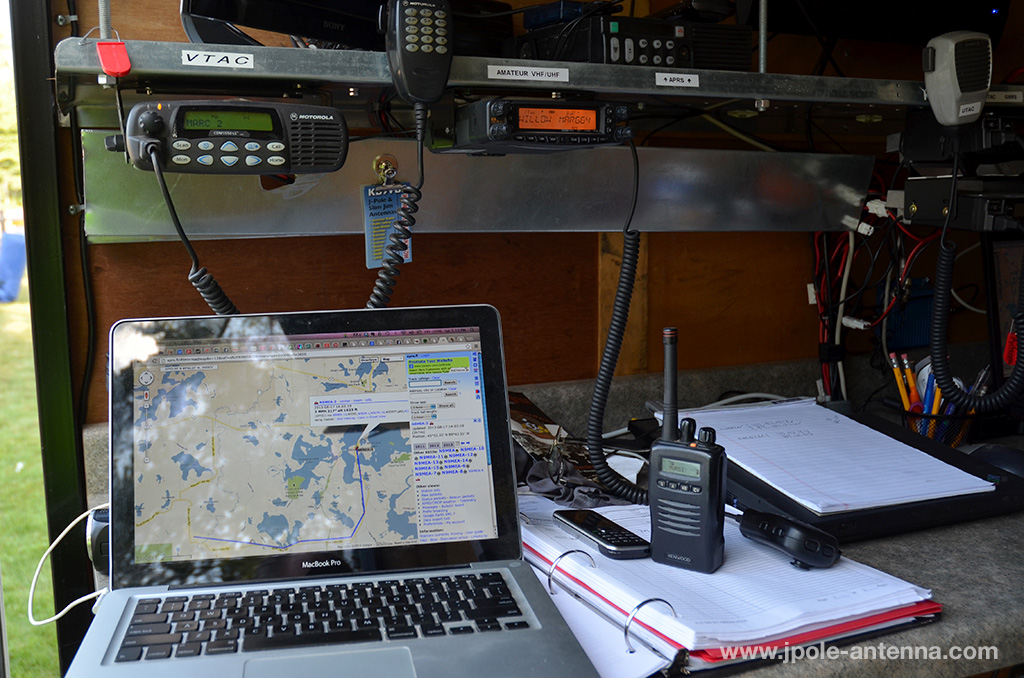A Net is essentially a group communication session involving amateur radio (HAMS) on a specific frequency.
The net control acts as the backbone of a ham radio net, ensuring it functions smoothly and effectively for all participants. They contribute to a safe and orderly communication environment for information sharing, camaraderie, and the exercise of radio skills.

The net control (NCS) plays a crucial role in ham radio by acting as the facilitator and organiser of a “net.”. In other words, their function is similar to that of a conference moderator, but in the world of radio! The following are some of their responsibilities:
Initiating and Closing the Net:
- Starting the net promptly and on time with a callup identifying the station name, frequency, and purpose.
- Closing the net, releasing participants, and returning the frequency to general use.
Maintaining Order and Efficiency:
- Guide the flow of communication within the net, ensuring only one station transmits at a time and following transmission protocol.
- Tracking participants who check in and keeping a roster of stations in the net, i.e. Net log
- Monitoring messaging and addressing issues related to clear communication.
Directing Traffic Flow:
- Taking messages (“traffic”) from stations and directing them to their intended recipients within the net or relaying them to external destinations.
- Prioritising all messages based on urgency and efficiency
Promoting Procedural Adherence:
- Reminds participants to follow proper radio etiquette and net operating procedures.
- Ensures adherence to frequency regulations
Additional Roles:
Depending on the specific net type, the NCS may also:
- Share information relevant to the net’s purpose (e.g., emergency updates, weather reports, DX announcements).
- Introduces newcomers and welcomes them to the net.
- Conduct check-ins to assess signal strength and coverage.
- Organise special events or activities for net participants.